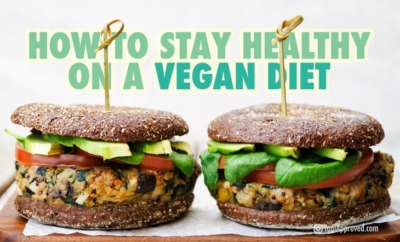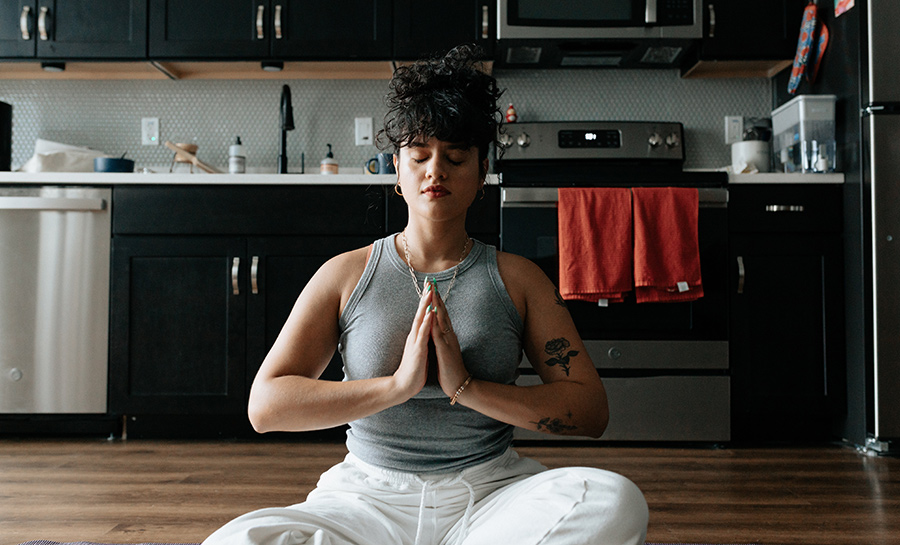Mindfulness of Consumption – Omnivore or vegan, which one are you?

I’m part of a growing contingent of holistic spirituality practitioners in North America. I practice yoga and meditation, and do my best to maintain a sustainable lifestyle. Not long ago, I spent a full year as a vegan, then reverted to my prior, omnivorous way of life. I find patterns of human consumption a compelling topic, one quite deserving of our attention.
The transition to my “Year of Living Vegan-ishly” was surprising easy. I experienced no cravings or any sense that I was depriving myself of anything. I also felt lighter, less encumbered, and a bit more energetic. So, why did I go back to my omnivorous ways after a year? To tell you the truth, it was a philosophical evolution as much as anything else. During that year, my thinking on the issue expanded. I began to come to peaceful terms with the idea that being an organism on earth inescapably involves feeding on other organisms. So I’d gone from omnivore, to vegan, and then back to where I’d started relatively quickly.
This difference was that I was now aware of my choices. This is “mindfulness of consumption.”
It would appear I have a lot of company in my fascination with this subject. Mindfulness is having an international “moment” right now, and mindfulness about our patterns of consumption is one of the predominant forms it takes. In holistic living circles, the consumption of flesh is indeed a hotly-debated topic. How do we come to terms emotionally and morally with eating animals that could easily be seen as pets? (Fans of Facebook sensation “Esther the Wonder Pig” will understand exactly what I mean!) In some Asian countries, people regularly eat dogs and cats, a fact we in North America regard with complete revulsion. But people in some of those cultures react with the same horror to the idea of eating cows and pigs. How does one navigate this murky terrain?
One possibility is to embrace the fact that we are animals in the vast web of nature, and that all beings feed on other beings. With an abundance of mindfulness, we can make this embrace and still resolve to live as non-violently as we can. Awareness makes it possible to inflict minimal suffering through wise dietary choices (knowledge of free-range options, relatively humane methods of raising and slaughtering animals, and so on).
For some people, this is not enough; their consciences dictate that they eat only vegetables, fruit and grains. For them, that is the correct choice. Of course, we seem to be hard-wired to try to sway others of our species to our point of view; hence the ongoing controversy. Some people are strict vegans, while others allow themselves wild-caught fish and humanely-raised poultry. Still others (like me) have circled back completely.
Where do you fall on the continuum? It would be fascinating to take the pulse of the YouAligned readership on this issue. Wherever you come down on this question, may I make a suggestion? Make every effort to be non-judgmental of others’ consumption choices. If we allow our views to make us dogmatic and combative, we exchange something that might be seen as a form of aggression (the consumption of animals) for another form (fighting with our fellow human beings).
Namaste,
William K. Ferro
Yogi Approved reading: If you’re interested in this topic we recommend picking up “The Omnivores Dilemma” by Michel Pollen.
The New York Times Book Review says, “Thoughtful, engrossing … You’re not likely to get a better explanation of exactly where your food comes from.”


























Comments